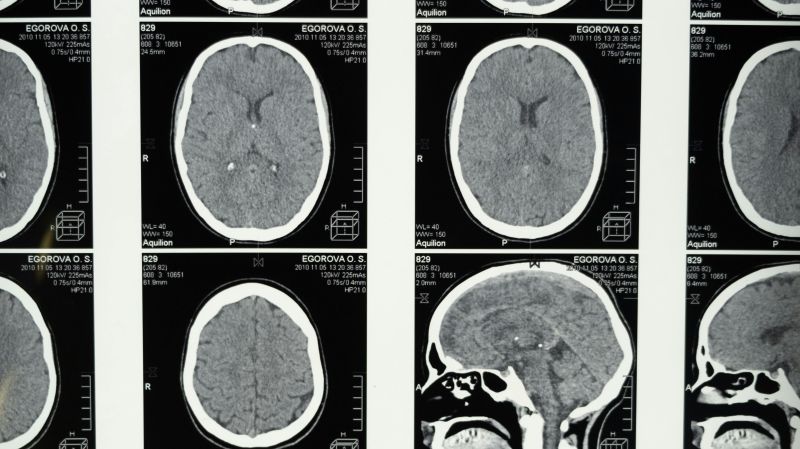Brain Fog? Your Plastic Water Bottle Might Be Part of the Problem
Will Loiseau
5/10/20251 min read


As a healthspan optimization strategist, I believe we need to pay attention to emerging threats to cognitive function. Microplastics are very tiny plastic fragments that result from the breakdown of everyday objects like packaging, containers, clothing, tires, and more. These small particles have spread all over the planet, from Arctic snow to the Amazon rainforest. They’ve also made their way into the human body.
Here's why microplastics should be on your radar:
Research is revealing that microplastics aren't just environmental pollutants - they're potentially undermining our brain health. These tiny plastic particles (smaller than 5mm) are everywhere - in our food, water, and even the air we breathe.
Recent findings that caught my attention:
Human brains contain approximately 7 grams of plastic (equivalent to several bottle caps).
Brain samples from 2024 showed 50% MORE microplastics than samples from 2016.
People who regularly use plastic utensils have a 24% higher risk of mild cognitive impairment.
Microplastics can cross our blood-brain barrier, trigger inflammation, and disrupt crucial neurotransmitters
Across numerous animal studies, microplastics consistently impair memory, learning, and social behavior - with concerning parallels to dementia. According to new research, microplastic concentrations were 3 to 5 times higher in the brains of patients with dementia, compared to cognitively normal brains. It’s not clear whether microplastics may cause or contribute to dementia, nor whether dementia-induced changes to the brain might allow more microplastics to enter.
While more human research is needed, I'm already implementing these precautionary measures:
Avoiding plastic food containers, especially for hot foods
Choosing organic produce when possible
Incorporating probiotic foods to support the gut-brain axis
Increasing vitamin E intake (almonds, spinach, broccoli) which showed protective effects in studies
Minimizing our exposure to microplastics is important since, more broadly, the potential health threats remain largely unknown. New research suggests high concentrations of microplastics in the human body are not only harmful to the brain, but may also increase the risk of heart attacks, stroke, and death.
Start Your Transformative Journey Today
© 2026 True Iron Will LLC. All Rights Reserved .
Mailing Address:
1317 Edgewater Drive #1297
Orlando, FL 32804
TrueIronWill1@gmail.com
